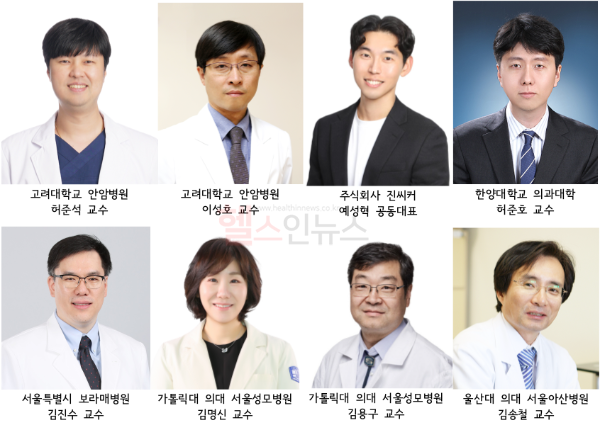Liquid biopsy, a non-invasive method for analyzing cancer-related genetic material in blood, has long struggled to identify minute cancer mutations obscured by normal DNA signals. Conventional techniques are often expensive and time-intensive, restricting their widespread use.
‘MUTE-Seq’ addresses these challenges by employing the gene-editing tool ‘FnCas9-AF2’ to selectively eliminate normal DNA, isolating cancer-specific mutations for analysis. This innovation enhances detection accuracy by 20-fold compared to existing methods while slashing costs to one-tenth, delivering both efficiency and affordability. The technology’s compatibility with all sequencing platforms further broadens its applicability.

Clinical trials involving patients with lung cancer, pancreatic cancer, and acute myeloid leukemia demonstrated ‘MUTE-Seq’s’ exceptional performance, with sensitivity and specificity ranging from 80% to 100%. These results underscore its potential for early cancer detection and recurrence monitoring, positioning it as a vital tool for precision oncology.
“Early diagnosis and vigilant monitoring are pivotal to improving cancer survival rates,” said Professor Hur. “With a single drop of blood, we can now detect even the subtlest cancer signals, enabling earlier diagnosis and quicker identification of recurrence.” He noted that reducing testing costs and complexity could significantly improve access to care in underserved communities.
The technology has earned global acclaim, with findings published in Advanced Materials and presented at the American Association for Cancer Research (AACR). GeneCker is advancing ‘MUTE-Seq’ toward commercialization, and it is already being utilized in several South Korean university hospitals for early cancer screening and minimal residual disease monitoring.
Professor Hur outlined plans to expand clinical studies to encompass colorectal cancer, lung cancer, and other malignancies. “Our aim is to deliver this technology to patients swiftly,” he said. “We are dedicated to advancing diagnostic innovation to shape the future of healthcare.”
Lim Hye Jung, HEALTH IN NEWS TEAM
press@hinews.co.kr


